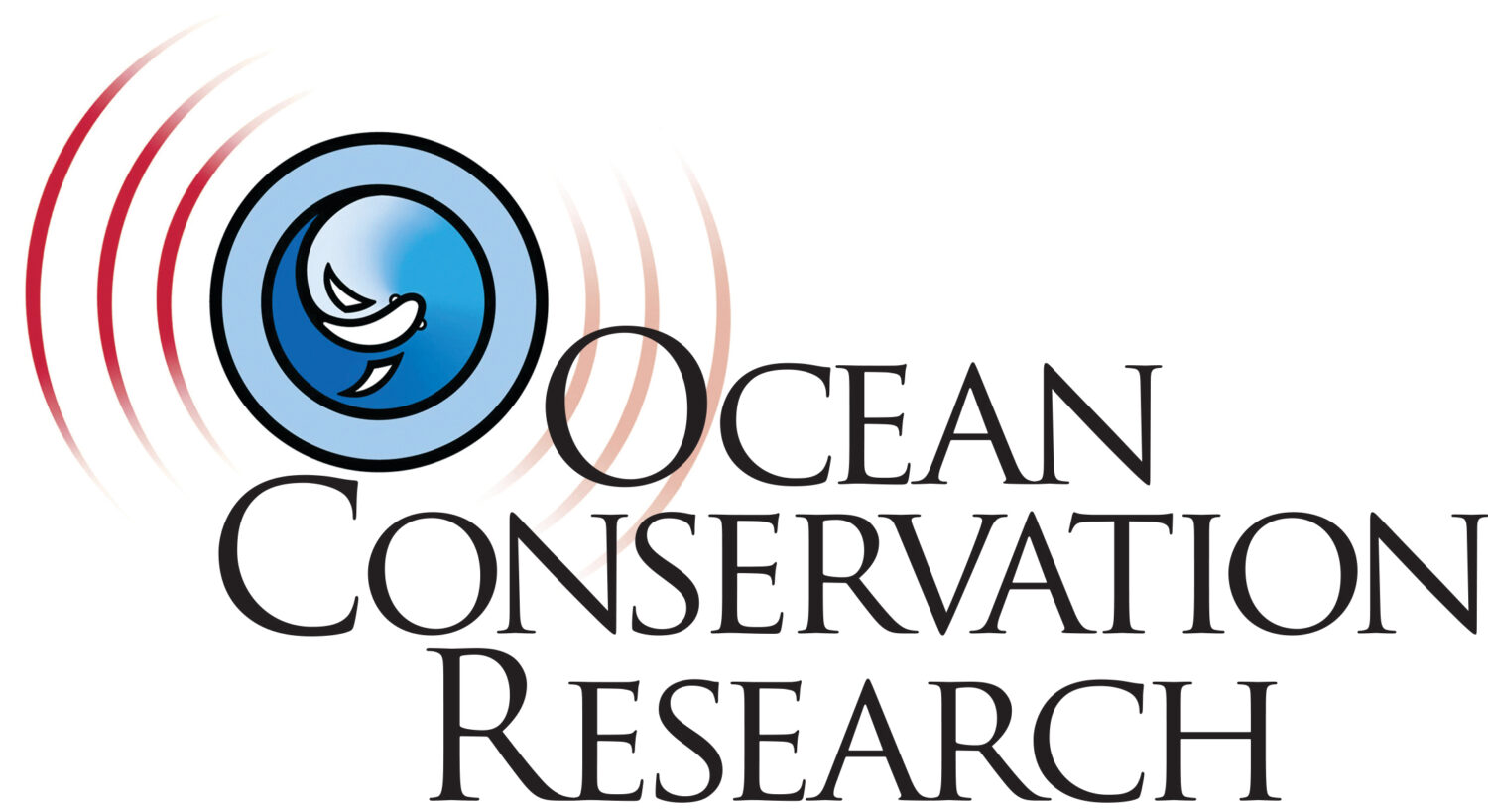
Citizens try to “save” a whale
An indecent cited in the UK Independent highlights one of the tragic ironies of well-meaning citizens attempting to push stranded whales back out to sea. My speculative belief is that stranded marine mammals actually know what they are doing, and that human intervention to “save” them actually only modifies their “death trip.”
If they are emotionally sentient to human sympathies, perhaps they are comforted by the efforts of humans to tend to their death. But if they have chosen to beach themselves as a final response to their failed abilities to adapt to their environment, then moving them back to the ocean may be a profound harassment.
For example: Perhaps they have been deafened by some noise and are thus incapable of hunting or perceiving their predators. Moving them out into the sea under these circumstances dooms them to starve and subjects them to predation – while being unable to sense their predators. This would scare the hell out of me, and I would prefer dying a fast, controlled death on the beach.
Whales are also not designed to bear the effects of gravity on their bodies, so once they arrive on a beach their internal organs have been exposed to extreme and likely damaging gravity pressures. Moving them out into the sea with squished or failed internal organs also exposes them to similar risks of not being able to metabolize or adapt to an environment without their full compliment of organs. This might subject them to a slow and painful drowning – and exposure to predators of even parasites, with no strength to resist.
I would probably have a better feeling the for human desire to “save” these creatures if there were records of the “saved” animals showing up later to live another year. As far as I know there is no record of these saved animals surviving.
I often find human responses to strandings – even while “caring” – often a bit myopic. This includes the “informed” responses of stakeholders and biologists, who may attribute a mass stranding to the animals “getting confused in shallow waters” for example.
This explanation often comes up around common mass strandings of pilot whales in Tasmania, or mass strandings of other species anywhere. This assumption is akin to having a bunch of people simultaneously “fall” off a bridge because they get confused about where the railing is.
Marine mammals know their habitat quite well. There have been shallow beaches around the world for the 30 million years these animals have been in the sea. I can say with reasonable conviction that these animals know where the shallow and troubeling beaches are. As we experience more strandings – as a product of human population distributions and increased human interactions with marine mammals, we are also developing a broader understanding of stranding causes.
We are finding that many strandings caused by human agency are preventable. Focusing on preventing strandings is much preferable to trying to push the beasts back into the sea after they have decided that they are done with it.
For the stranding article see:
